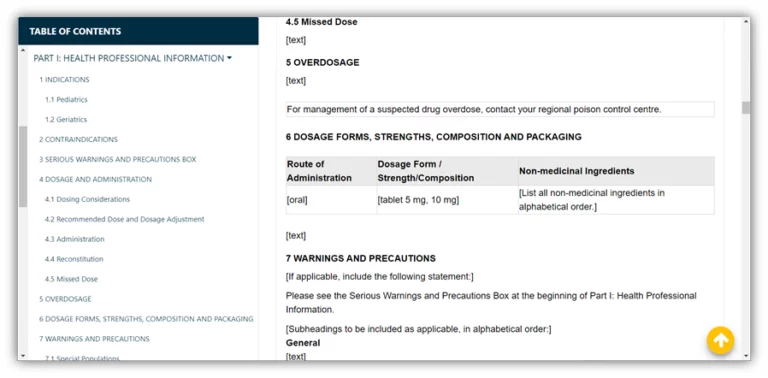What is a Rare Disease?
A rare disease is a life-threatening, seriously debilitating or chronic condition affecting a fairly small number of patients. A disease may be considered rare in one part of the world, or in a particular group of people, but still be common in another. For instance, in the United States the Rare Disease Act of 2002 defines a rare disease as a disease that affects less than 200000 people, however in Europe, a rare disease is considered one that affects not more than 5 in 10 000 people as outlined by the European Commission on Public Health.
To date there are over 6000 rare diseases that affect over 300 million people worldwide and it is estimated that 1 in 12 Canadians suffer from a rare disease.
Most of these diseases are genetically-based, start in early childhood, and are degenerative and life-threatening in nature.
Examples include:
- Acute Lymphocytic Leukemia
- Angelman Syndrome
- Chronic Myelogenous Leukemia (CML)
- Cystic Fibrosis
- Duchenne Muscular Dystrophy
- Ewing’s Sarcoma
- Eisenmenger Syndrome
- Marfan’s Disease
- Microcephaly
- Neuroblastoma
- Neurofibromatosis
- Prader-Willi Syndrome (PWS)
- Spina Bifida
- Sickle Cell Anemia
- Tourette’s Syndrome
- Williams Syndrome
What are Orphan Drugs?
Drugs that are used to treat rare diseases are known as Orphan Drugs.
There are various incentives for industry to develop Orphan Drugs in Canada.
Orphan Drugs are reviewed faster by Health Canada and follow an accelerated review pathway of only 200 days, as opposed to the normal pathway of 300 days for other drugs.
Additionally, for those involved in the development of Orphan Drugs, the Canada Revenue Agency (CRA) administers the Scientific Research and Experimental Development program (SR&ED) Tax Incentive Program to encourage research and development (R&D) in Canada. The program includes cash refunds and/or tax credits for expenditures on eligible R&D work done in Canada.
These drugs also qualify for 8 years of market exclusivity if they meet Health Canada’s definition of an ‘innovative drug’.
Regulatory Pathway for Orphan Drugs in Canada
Health Canada encourages industry to schedule a pre-submission meeting prior to the actual drug application submission to better understand the requirements and clarify any questions with respect to quality or the clinical study.
The drug submission is filed as a regular drug submission in Canada into an eCTD format containing all information about chemistry, manufacturing, controls for the finished product, non-clinical and clinical data.
Rare disease organizations
The Canadian Organization for Rare diseases(CORD) and the National Organization for Rare disorders (NORD) works with governments, researchers, clinicians and industry partners to promote research, diagnosis, treatment and services for all rare disorders.
Both NORD and CORD provide information to rare disease patients and connects them with other rare disease support groups and organizations worldwide. Patients with rare diseases are encouraged to visit their websites for information on the latest developments, information, policy framework or support for patient groups.
At AxSource, we are committed to accelerating the development of orphan drugs and are ready to guide you when it comes to regulatory agencies, prices, and reimbursements. To learn more about market access, visit our website.


